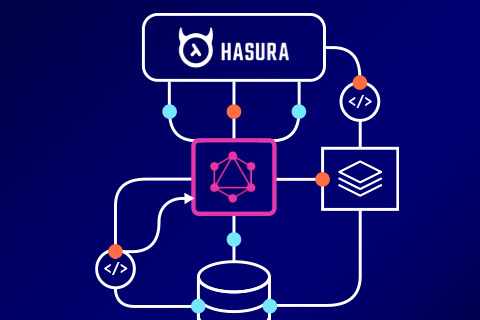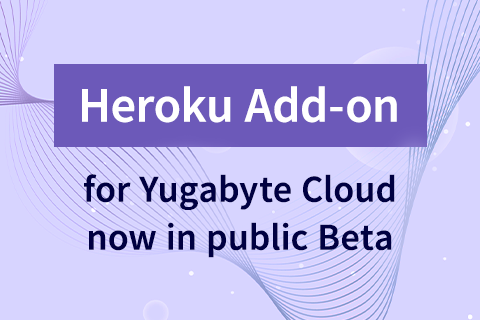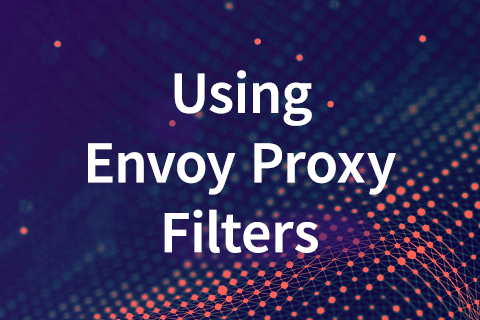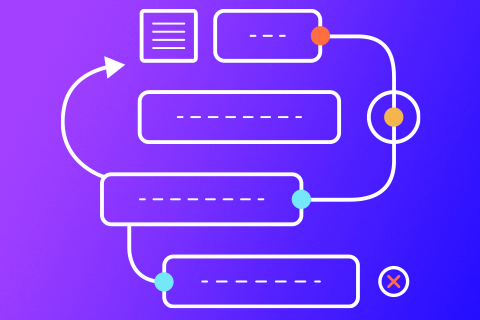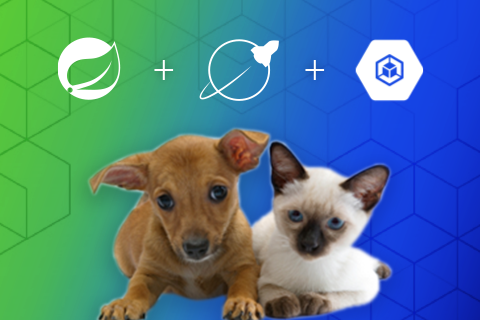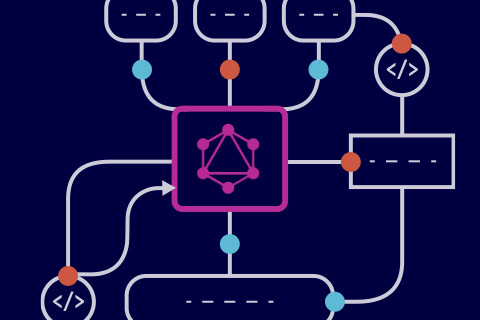Presentation Recap: Modernizing Application Development with GraphQL and Distributed SQL
At the Distributed Summit 2020 , Allison Kunz, Solutions Engineer at Hasura, presented the talk “Modernizing Application Development with Planet-scale GraphQL and Distributed SQL”. In the talk she covered what is GraphQL, why GraphQL, why Hasura GraphQL Engine, and a checklist of what it takes to have enterprise-grade GraphQL APIs in production, focusing on performance, security, and reliability. She also showed a demo of Hasura Cloud in action.
What is GraphQL,
…
